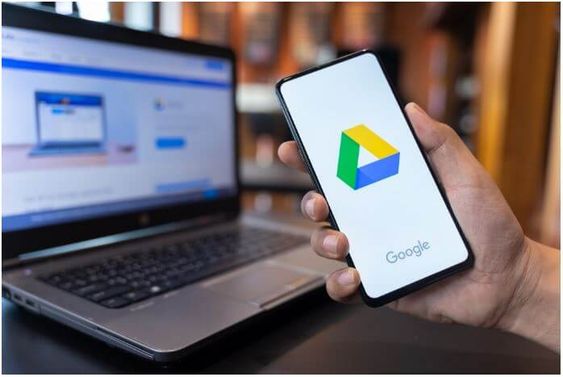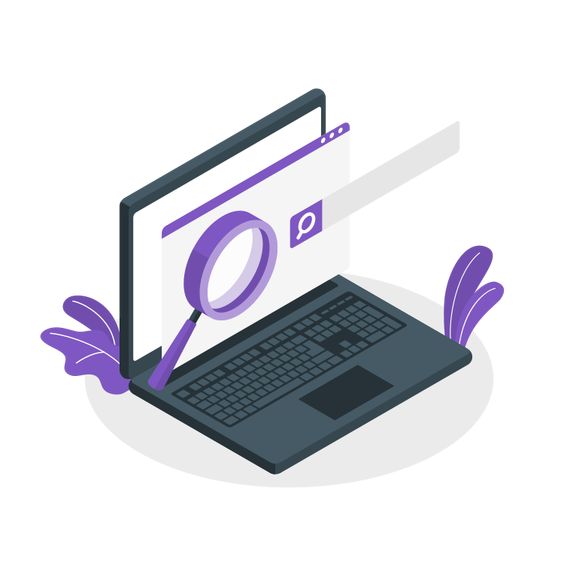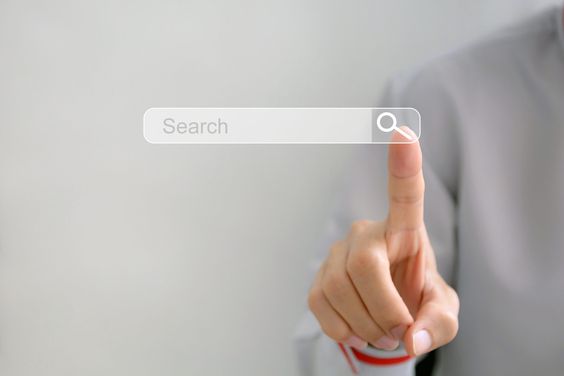Pay-Per-Click Advertising (PPC)
Pay Per Click Advertising, PPC, SEA and Search Engine Advertising are different forms of the same concept. But what is it?
PPC advertising is an online advertising model that allows you to place ads on search engine results pages (SERPs – Search Engine Results Pages), social networks and other sites. With PPC, advertisers bid on keywords (which go up for auction) and pay only when a user clicks on their ad. When users click on the PPC ad, they get directed to a landing page of the website.
In other words, PPC is an online advertising model in which advertisers pay each time a user clicks on one of their online ads.
There are different PPC ad types, but one of the most common is the paid search ad. These ads appear when people search for things online using a search engine like Google – especially when they’re doing commercial searches, which means they’re looking for something to buy. It could be anything, a mobile or desktop search, a product search to a local service – someone looking for “sushi near me” or looking for a hairdresser, or a plumber in the area, or someone who needs to buy a gift – “flowers for mother’s day”. All of these searches trigger pay-per-click ads.
In pay-per-click advertising, ad-serving companies only pay when a user clicks on their ad; hence the name “pay-per-click”.
Other forms of PPC advertising exist, such as Display Ads (usually banner serving) and Remarketing.
Pay-per-click marketing is good for everyone involved:
- It’s good for searchers – evidence shows that people click on paid search ads (search ads) more often than any other form of digital advertising. People don’t mind being bothered with ads as long as the products and services meet their needs. Since we use search engines when looking for products and services, the results, including the ads, are usually highly relevant to what we are looking for. In addition, Google has developed an excellent formula to ensure that PPC ads genuinely respond to the needs of those searching.
- It’s good for advertisers – advertisers have access to a unique approach to presenting their message to an audience who are actively and specifically searching for their product. As potential consumers reveal their intentions by typing in their queries, advertisers can measure the quality of traffic that results from search engine clicks.
- It’s good for search engines – PPC allows search engines to satisfy users and advertisers simultaneously. At first, search engines want to provide relevant results to their users. But at the same time, they offer a highly targeted advertising channel that generates revenue for advertisers.
PPC can have a major – and positive – impact on most businesses and brands. If you’re not already doing PPC, you’re probably missing out on valuable traffic and revenue.
What are the advantages of PPC?
1. Speed
With PPC marketing, you can be up and running in the blink of an eye.
You can set up PPC quickly once you have all the remaining details settled (like the ad text and landing page). You don’t need to sign a contract or negotiate prices thoroughly – just set it up and go.
Soon after your campaign launch, you’ll start to see the benefits of PPC advertising!
That is often a great contrast to starting SEO efforts, which usually take a lot of time and attention to get the kind of positioning and traffic that Google Ads offers minutes after launch.
In contrast to other channels, such as email and organic social media, there is the advantage of targeting people outside of those who already know your brand and not being limited to your existing followers or customer lists.
PPC enables you quickly cast a wide net to find new prospects and current customers.
Furthermore, most of the work carried out within the PPC advertising platform – from research to campaign building and ad copywriting. You can get up and running quickly with minimal involvement from your development teams, yet you always need to set up conversion tracking and which landing pages you want.
2. PPC is Measurable and Trackable
Everything about PPC is measurable, from the price you’re paying to the number of hits your website receives. That makes it a helpful tool for testing different campaigns (A/B Testing), strategies or landing pages, allowing you to assess which ones are the most responsive and the best option for your business. PPC is not just a way to drive traffic to your website but a way to understand what your customers are looking for.
That is a hugely important benefit of PPC advertising! To be easy to measure and monitor. All you have to do is use the Google Ads tool combined with Google Analytics.
This way, you can see high-level performance details, including impressions, clicks and conversions (based on defined business goals).
There are no mysteries in PPC. The statistics are readily available and show the performance of your campaigns and what kind of traffic and results they generate.

3. Costs – Only pay when someone clicks on your ad
In many advertising types, we always pay the same amount regardless of how many people saw or contacted you because they saw the ad.
When it comes to PPC, we only pay for each click. That means we only pay when someone interacts with our ad, giving them a chance to convert.
Additionally, in PPC marketing Google (and other ad networks) not only rewards the highest bidder for a particular ad space, but they also reward the highest-quality ads (i.e. the most popular ads for users). Essentially, Google rewards good performance. The better your ads are, the higher your click-through rates and the lower your costs.
When starting at PPC advertising, you only need to make a small investment. In a pay-per-click campaign, there can be no charge until someone clicks on your ad. So you can decide how much you will pay for each campaign, although the more you invest, the greater your potential results will be.
4. Not too dependent on SEO
If your website doesn’t have a high search engine ranking, you can always promote your company through PPC.
With PPC, you can get an advantage over your competitors, even if you have just launched your website! That is one of the most significant benefits of PPC and can be very useful for startups, as it allows small businesses to compete for new customers with companies that have been around for decades.
If you’re not yet very experienced in SEO, then pay-per-click advertising is the perfect solution. While SEO is essential to your brand’s long-term success, this method allows you to run lucrative short-term campaigns at a click away. In a similar way, if your site is not designed for SEO, it still has the opportunity to generate traffic through PPC, and you will not have to worry about meeting Google’s complex content criteria.
5. Advanced Segmentation Options
Reaching the right audience can be difficult, but PPC allows you to target very selective groups. You can choose when your ads are displayed, allowing you to target your market and ensure that only people interested in your business are reached. And being demanding, PPC visitors are 50% more likely to buy something than organic visitors.
In other words, you can target your ads directly at the people most likely to become customers.
By conducting a keyword search, you can determine which keywords potential customers are searching for when looking for information about your industry, products or services. Then, you can invest in those keywords to show your ad to those potential customers.
You can also target your ads to users based on demographics, interests, online activity, and more. Using a tactic called remarketing, you can even serve ads to people who have recently visited your site but haven’t made any purchases.
Conclusion
PPC advertising has already proven to be a reliable and profitable channel for B2B, B2C, non-profit organisations and other businesses looking for fast, quality traffic and conversions.
Considering all the benefits PPC offers, there’s little risk in testing!
At Link37, we have an expert PPC Advertising team that can help you. Anyone can do PPC, but few do it well. At Link37, we have experience and knowledge. Contact us!
LAST REVISION ON APRIL 2024



